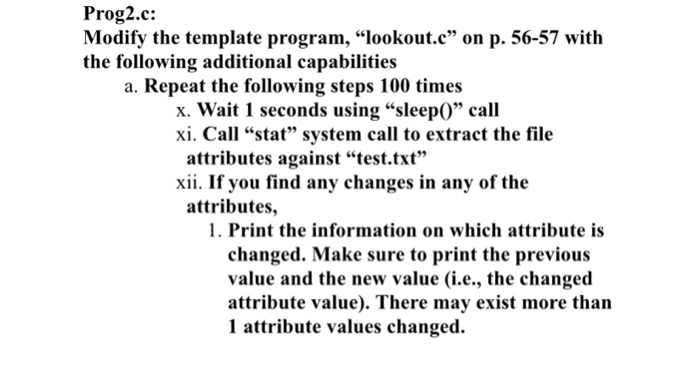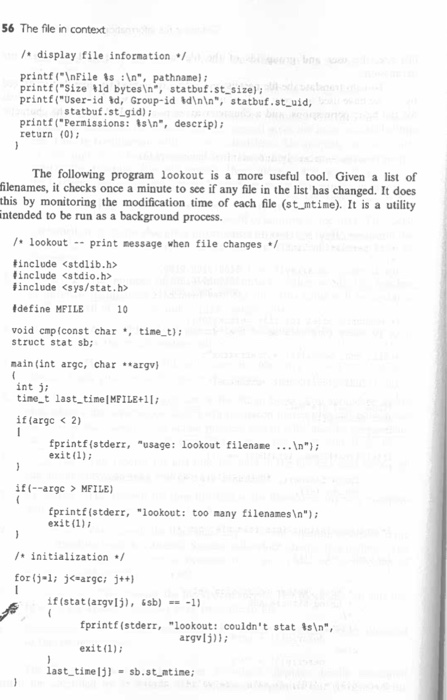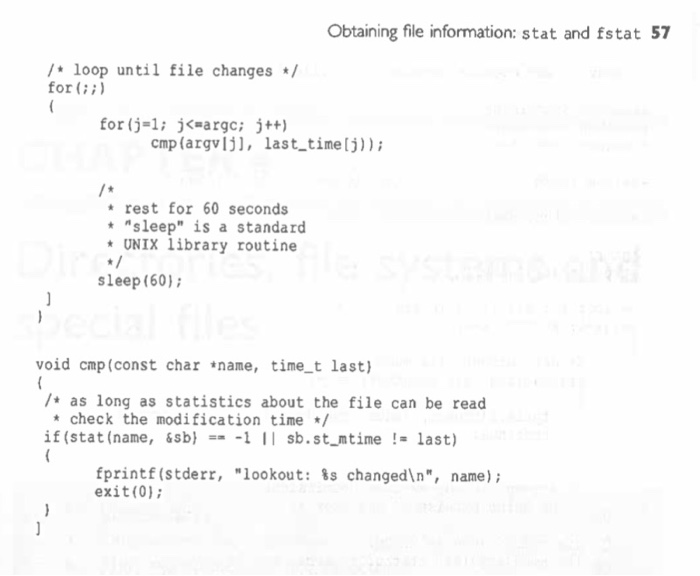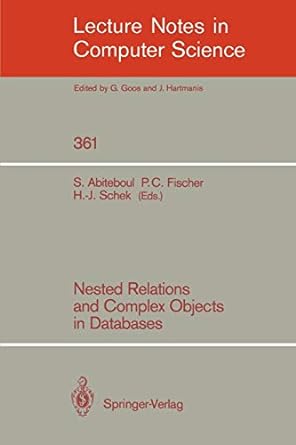Answered step by step
Verified Expert Solution
Question
1 Approved Answer
c language Prog2.c: Modify the template program, lookout.c on p. 56-57 with the following additional capabilities a. Repeat the following steps 100 times x. Wait

c language


Step by Step Solution
There are 3 Steps involved in it
Step: 1

Get Instant Access to Expert-Tailored Solutions
See step-by-step solutions with expert insights and AI powered tools for academic success
Step: 2

Step: 3

Ace Your Homework with AI
Get the answers you need in no time with our AI-driven, step-by-step assistance
Get Started


